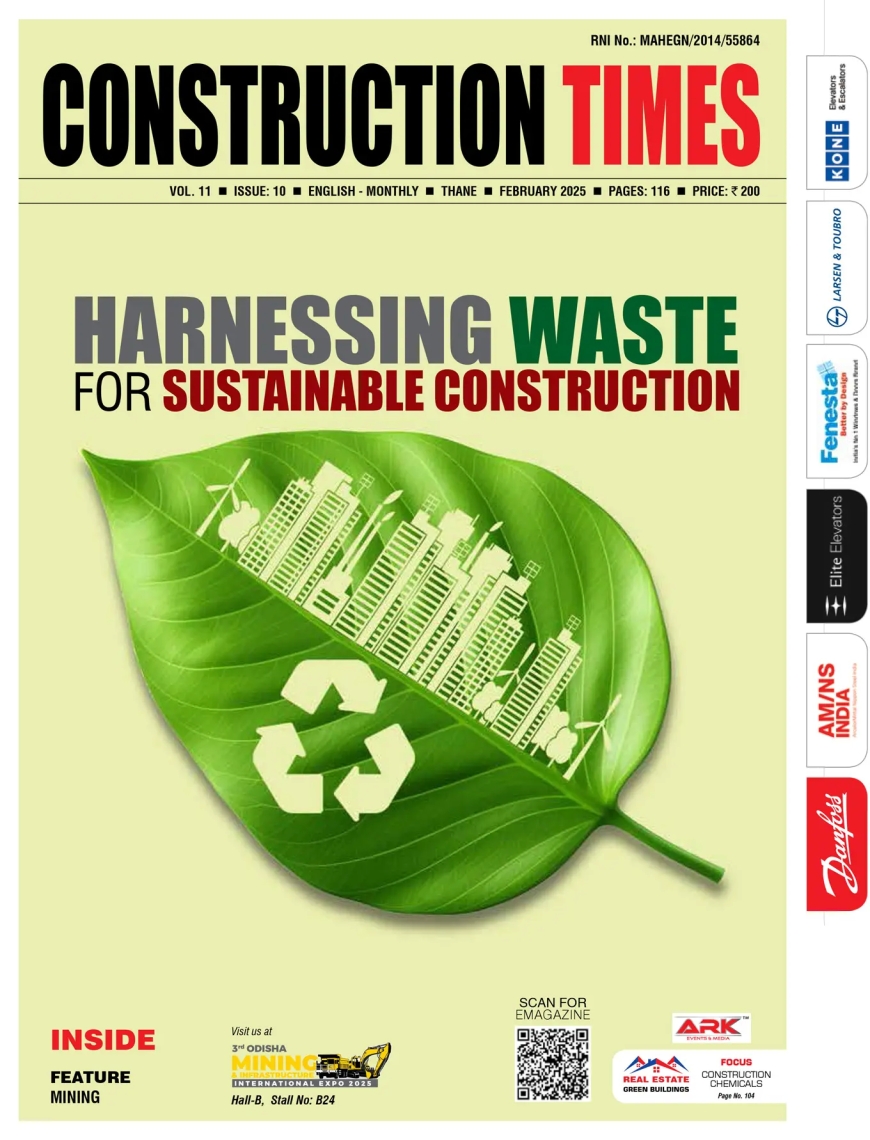FORCE MAJEURE: AS RELEVANT AS IT WAS
Ananya Kumar - Partner at J Sagar Associates A year ago, in May 2020, the two most prominent discussion topics, in the context of the Covid-19 pandemic, were the concepts of “Force Majeure” and “frustration of contracts”. Every industry was scrambling to ascertain whether or not their contracts contained a


Ananya Kumar
- Partner at J Sagar Associates
A year ago, in May 2020, the two most prominent discussion topics, in the context of the Covid-19 pandemic, were the concepts of “Force Majeure” and “frustration of contracts”. Every industry was scrambling to ascertain whether or not their contracts contained a “Force Majeure” clause and, if so, whether a global pandemic was a sufficient trigger event for the applicability of such a clause. The infrastructure and construction sectors were no exception.
Where the contractual “Force Majeure” clause was broad enough to be applicable, the next question that arose was the procedural requirements to invoke the clause - i.e., the issuance of notices, the maintenance of contemporaneous records, etc. In other words, how and to what extent could the contractor raise a claim for an extension of time.
A supplemental question also arose as to whether the contractor could claim costs for the period of prolongation caused on account of the pandemic. For those contracts which took their base from the FIDIC forms of contract, the answer, on many occasions, was in the negative, for the reason that “Force Majeure” was not attributable to the employer. Every contract was, however, the subject of an individual determination of its terms: in FIDIC contracts, based on the extent to which terms were modified and in other contracts, where FIDIC was not the base, on the level of detailing and risk allocation originally agreed to by the parties.
In FIDIC contracts, contractors, particularly, started looking at other clauses of the contract under which costs could be claimed. The most popular alternative that emerged was the “Change in Law” clause. In addition, contractors also looked to benefit from any suspension orders, whether partial or complete, issued by the owner to prevent transmission of the virus.
In India, specifically, most construction sites use migrant labour as the bulk of the workforce, which caused another set of problems. The Covid-19 pandemic resulted in this labour moving back to their villages, thereby reducing the number of available hands for executing the work even when restrictions eased up. The issues faced in this regard by the contractors were exacerbated by the fact that the responsibility for arranging labour was of the contractor himself, and not of the owner.
While all of these issues were at the forefront in 2020, they are equally, if not more, important in 2021. Disputes that had arisen in 2020 are, more likely than not, now ripe for a formal resolution process. Equally, where the contract is continuing, the issues are likely to crop up again given that between April 2021 and May 2021, nearly every state government has imposed a lockdown, a curfew or some other form of restriction.
On this occasion, however, there may be a few factors that possibly played less of a role in 2020, which may add to the mix and complicate things further.
- Unlike 2020 when, for the most part, the lockdown/curfew was at a national level, in 2021, there are different restrictions in place in different states. Resultantly, the effect of each distinct set of restrictions will have to be analyzed at a more granular level.
- The fact that restrictions are being extended on a week-to-week basis leads to a higher degree of uncertainty, and uncertainty is something that results in either additional costs or additional time, if not both.
- Uncertainty has another facet. While it may be clear on the basis of notifications issued by different authorities as to between which two dates work was restricted or not permitted at a site, it is never easy to accurately calculate and assess the time that has been lost on account of demobilization and subsequent remobilization. This becomes more of a concern given the predominantly migrant labour that is employed at worksites.
- Possibly most importantly, on this occasion both parties will try and play the card that the other was deemed to have been forewarned of the possibility of delays and stoppages on account of Covid-19. After all, this was no longer the first wave!
Answers to questions on the extension of time and cost liability for the delays that occurred on account of Covid-19, given these additional factors, may take a long time to resolve if one were to go down the arbitration or litigation route. To establish their respective cases, both the contractor and the owner would have to prove many facts, which would be a time-consuming exercise. And it would be an exercise that would have to be undertaken in parallel with completing the balance work and dealing with the continuing effects of the pandemic, particularly the economic effects.
Sometime after Covid-19 had been declared a pandemic, in April 2020, FIDIC had released a Guidance Memorandum to users of FIDIC Contracts. One of the conclusions set out in this document was especially relevant, where it was advocated that all parties needed to take a long-term view of the situation, as opposed to short term perspectives where contractual rights were strictly enforced, without paying heed to consequences down the line. As advocated by FIDIC in 2020, the importance of a long-term perspective becomes all the more critical in light of predictions around a possible third and fourth wave of Covid-19 in India.
This is where the multi-tier dispute resolution mechanism in contracts may become increasingly relevant, where wisdom would dictate that, in the interest of completing construction projects, both contractors and employers resolve their disputes by mediation and/or accepting orders passed by dispute boards.
What we need, especially in the Indian scenario, therefore, is for parties to be able to sit across the table and agree for a mutually fair allocation of risk under their contract, whether this fairness existed initially been or not. Owners' representatives need to be empowered to make decisions that are fair and not merely convenient. Equally, contractors need to be genuine in the claims they raise. Most importantly, when everything has become relatively fluid, decisions on these aspects need to be taken quickly and timely because what is fair in today's context may no longer be tomorrow.
Hits: 169
















